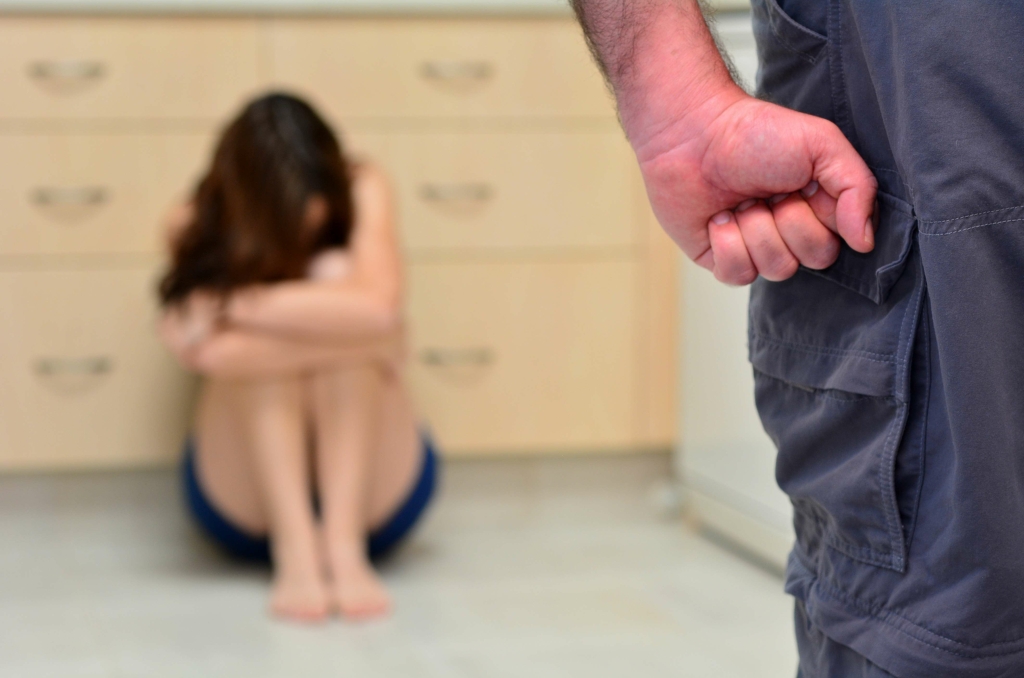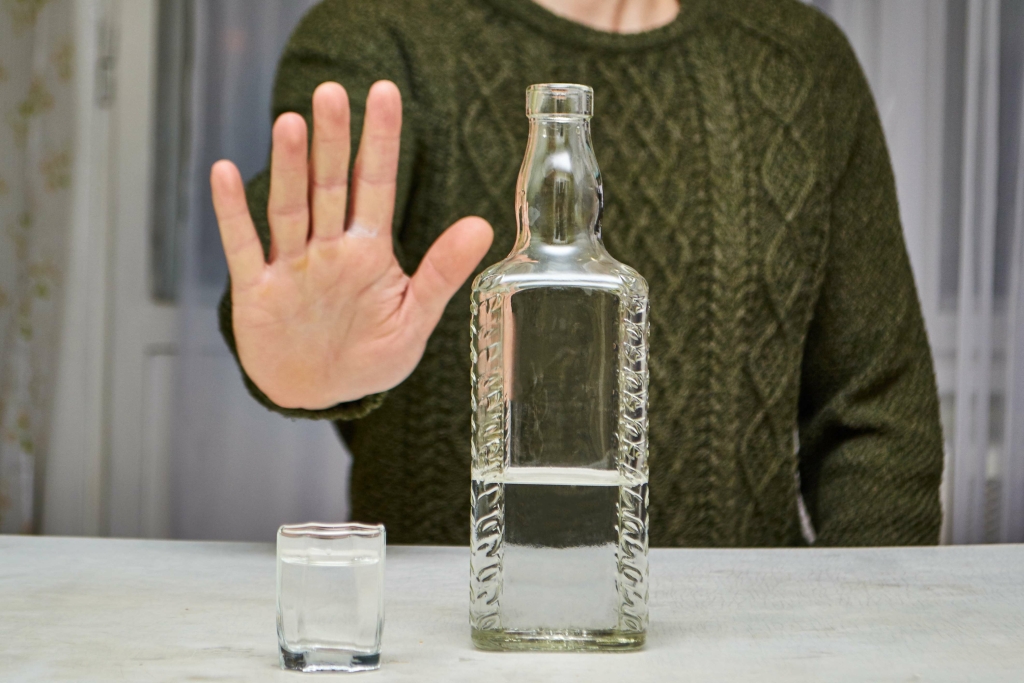- Empty cart.
- Continue Shopping
12 Things That Happen to Your Body When You Stop Drinking Alcohol
You might encounter feelings of restlessness or irritability Halfway house around this time. When these feelings come up, it’s a great time to connect with others who are farther along in their journey, whether locally or through online support groups. On top of that, you’re likely feeling less anxiety and are better able to regulate your emotions when life’s hiccups arise. But anything more than a drink or so a day has the opposite effect, especially if you abuse or are addicted to alcohol. Stopping alcohol is worth it, but it can be an uncomfortable and even dangerous experience. Anyone stopping alcohol should discuss their plan with a doctor and seriously consider undergoing a medically-supervised detox.
- Drinking depresses the central nervous system, and over a long period of time, excessive drinking can seriously impact cognitive function.
- Even today, I continue to prioritize my mental, emotional, and spiritual well-being.
- Many people who join the abstinence movement and want to quit alcohol don’t fall within these parameters.
- Cognitive functions—including problem solving, decision making and self-regulation skills—can also improve with continued sobriety, adds Dr. Kellogg.
- “After a few months, the brain will begin to return to health,” says Dr. Abramowitz.
Giving up alcohol

Additionally, losing the excess calories can help those looking to lose weight achieve their weight loss goals. You might have trouble falling asleep without a glass of wine before bed. You may feel more anxious if you used alcohol as a way to self-soothe. You may also experience sugar cravings, as your body misses blood sugar spikes it would get from booze. Though you can’t tell by looking in a mirror, your risk of cancer, heart disease, liver disease, and kidney disease have all dropped dramatically. Your immune function will have improved, which may have even addressed symptoms of autoimmune diseases you had before.

What happens to your body when you stop drinking
- Volpicelli says that some of the negative effects of alcohol on mental health can be reversed if you stop drinking.
- If you’re ready to stop, arming yourself with strategies and tips can help you or a loved one take small steps towards big results.
- It’s important to remember that they are only temporary and will usually subside within a few days.
- Some will eventually get broken down into less harmful compounds, but your body’s ability to process these substances is limited.
All that irritability and restlessness you may experience during the workday could dissipate or lessen simply by cutting out coffee or soda. While you may feel a bit irritable and anxious when you first stop consuming caffeinated drinks, your mood will eventually level out. They can recommend treatment options that can help, including therapy and medications. One of the most significant benefits of giving up alcohol is that you may increase your lifespan. Alcohol misuse can lead to what happens when you stop drinking serious health problems like liver disease and cancer.

Normal Blood Sugar Levels By Age (Chart)
- So, giving up alcohol can help you to avoid these potentially deadly diseases.
- Alcohol has sedative properties, so while it may cause you to fall asleep faster, your sleep quality will suffer, says McMahon.
- Stopping alcohol won’t just put a bit of extra change in your pocket; it has the potential to have a sizable impact on your income and the lifestyle you can live.
You may initially notice disrupted sleep, mood changes, sweating or tremors. For those who want to improve their mental health, spend more time with loved ones, or learn a new skill, Dry January can be an eye-opening experience into just how much time alcohol can take up in your life. Instead of going to the bars or drinking at home, use your newfound free time to see family, learn a new skill, or focus on improving your mental health. By now, your friends and family should have noticed your healthier skin, improved energy, better moods, and maybe even your weight loss (as long as you didn’t replace alcohol with carb-heavy foods). From sleeping better to supporting your immune system, there are some significant impacts that your body may experience by embarking on a booze-free journey.
You’ll Cut Your Risk of Diabetes
Even deciding to become sober and following through on it can be a powerful catalyst for repairing relationships, demonstrating how serious you are about focusing on others. Relationships are complicated, and each one will develop and heal in different ways and timeframes. Stopping alcohol, however, can make healing possible that would not be otherwise. And for how long you drink,” notes Joseph R. Volpicelli, MD, Ph.D., founder of the Volpicelli Center in Plymouth Meeting, Pennsylvania, and executive director of the Institute of Addiction Medicine.
What Does Alcohol Do to Your Brain?
He is the co-chair of the LA County Department of Health Services HIV Best Practices Committee and member of the LA County Department of Health Services Substance Use Disorder work group. Dr. Belani is currently a member of the Society of General Internal Medicine and American Academy of HIV Medicine. “By eliminating alcohol, your mood stabilizes and you may experience reduced sadness, alcohol-induced anxiety and overall emotional well-being,” says Andrews. You can manage stress and cope with life’s challenges in healthier ways, she says. According to Larson, severe alcoholic hepatitis could be fatal in 30 days in half of the patients who develop this condition. She said that patients who survive and make an effort to avoid alcohol can still improve liver function, even though the healing could take months.
